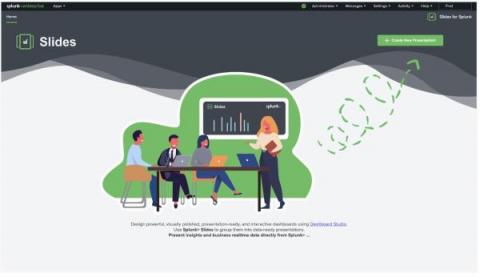AI-Augmented Software Engineering
While Artificial intelligence (AI) has invaded many industries, the IT industry is reaping the benefits of AI in software engineering practices. The traditional method of relying solely on human coders throughout the entire development lifecycle is gradually becoming obsolete. Instead, AI-augmented software engineering has come into the arena to make the software engineering process faster, easier, and more reliable.











